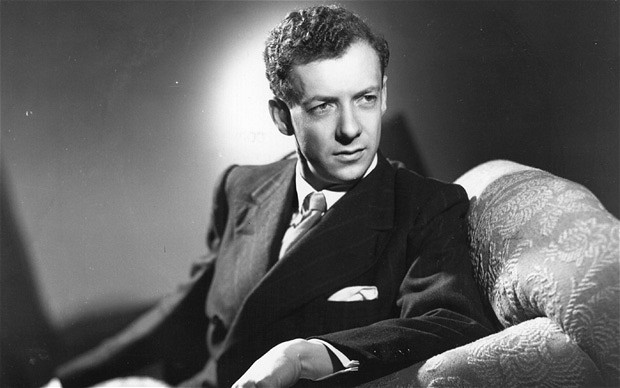▼
The IU Festival Orchestra Performs Works by Richard Strauss and Benjamin Britten ◆ by Kristen Strandberg
The Indiana University Festival Orchestra will perform an exciting variety of works from the late nineteenth and early twentieth centuries as part of the annual Summer Music Festival. The orchestra, under the direction of David Effron, will appear with internationally renowned soprano and IU alum Heidi Grant Murphy as guest soloist on July 12. The program features several short pieces for soprano and orchestra, along with two orchestral works, ranging from Richard Strauss’s somewhat complex pieces, to Benjamin Britten’s beautiful arrangements of folk songs.
The orchestra will perform several songs and an orchestral work by Richard Strauss, whose music is sometimes dark and chromatic, while also at times triumphant and heroic. The composer wrote Ein Heldenleben (A Hero’s Life) for orchestra in 1898—the same year he wrote his best-known orchestral work, Also Sprach Zarathustra, which film director Stanley Kubric famously used in his 1968 film 2001: A Space Odyssey. Ein Heldenleben, in which each movement serves as a vignette representing one facet of the hero’s life (loosely based on the composer’s own life), presents some similarities to the now-ubiquitous Also Sprach Zarathustra. Both works demand a variety of techniques from the orchestra, often contrasting powerful bursts of sound with smooth, lyrical melodies. Strauss also uses recurring melodies that represent specific people, objects, or ideas, known as leitmotifs. Strauss borrowed the concept of the leitmotif from composer Richard Wagner, and modern film composers commonly use leitmotifs to represent characters or situations. Ein Heldenleben’s opening melody in the cellos and horns, for example, represents the hero himself. The work premiered in Frankfurt in 1899, conducted by Strauss himself, and its American premiere took place in Chicago in 1900. It remains an audience favorite and is still frequently performed.
The Young Richard Strauss
■
The orchestra will perform three other works by Strauss, alongside soprano Heidi Grant Murphy. Along with his tone poems and operas, Strauss is well known for his over 200 songs for solo voice accompanied by either piano or orchestra. The three Strauss songs on the Festival Orchestra’s program offer some variety to listeners. The music in Ständchen, for instance, clearly depicts the images of nature in the text, such as a babbling brook, and noticeably shifts when the text describes images of darkness. In Meinem Kinde, written about ten years later in 1897, the orchestra and voice sound like two separate entities, only briefly coming together about halfway through the piece. The soprano melodies in Säusle, liebe Myrte! are perhaps the most operatic of the three Strauss works on the program, with soft, subtle sections, balanced with soaring high notes.
In contrast to the variety and complexity of Strauss’s songs, Benjamin Britten’s folk song arrangements for solo voice and orchestra evoke a familiar simplicity. Britten, a twentieth-century British composer, firmly believed that music should be available to everyone. He wrote some of his music for amateurs and, unlike many of his contemporaries, was concerned with accessibility and popular taste. His folk song arrangements follow this philosophy, with their popular origins and simple melodies. The Salley Gardens, for instance, features a smooth, murmuring orchestra in the background, accompanying a beautiful soprano melody without big melodic leaps or impressive operatic techniques.
Benjamin Britten
■
The Festival Orchestra’s concert also features two other folk song arrangements by Benjamin Britten and arrangements of two traditional songs with Murphy, along with one other orchestral work, Barber’s 1931 Overture to ‘School for Scandal.’ The concert takes place on Friday, July 12 at 8pm at the IU Musical Arts Center. Tickets may be purchased at the MAC Box Office (855-7433), or online.
▲



